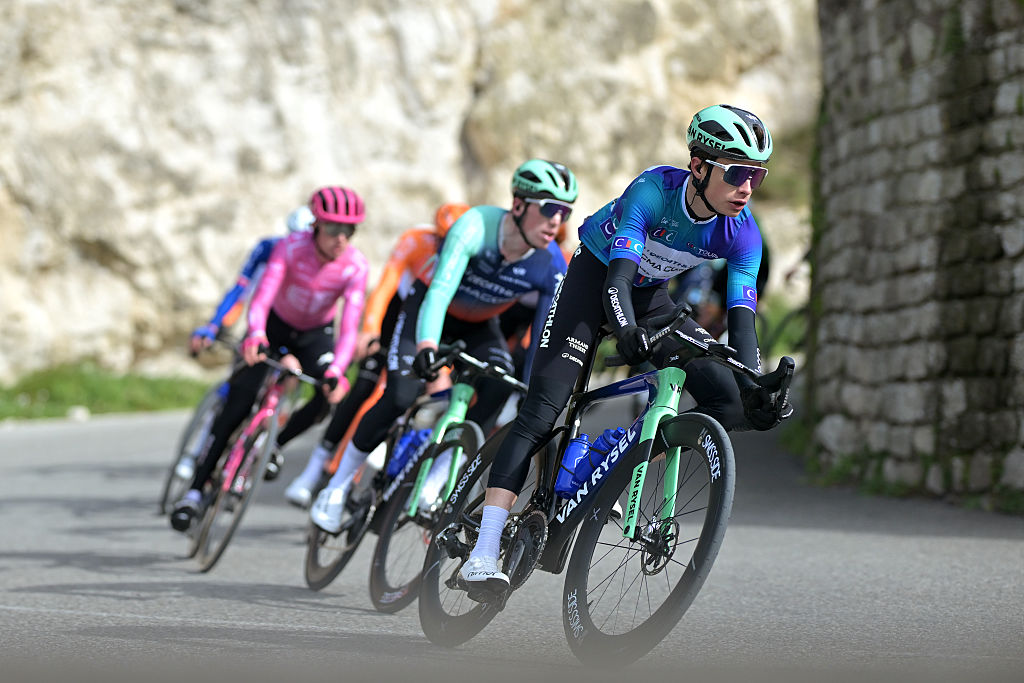Giant-Shimano more secure with Alpecin sponsorship
Team ready to develop cycling in Germany
The latest race content, interviews, features, reviews and expert buying guides, direct to your inbox!
You are now subscribed
Your newsletter sign-up was successful
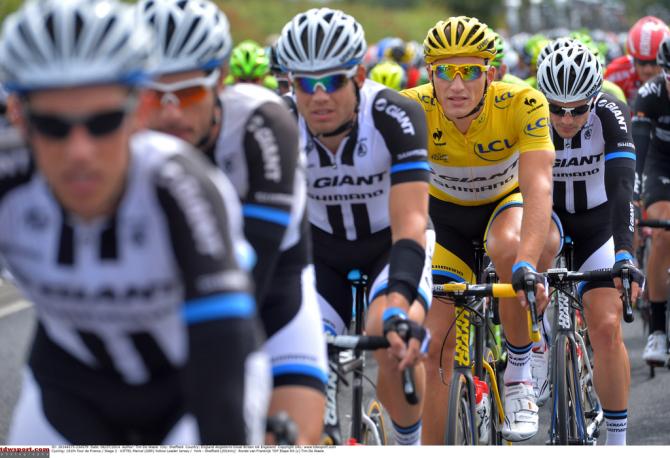
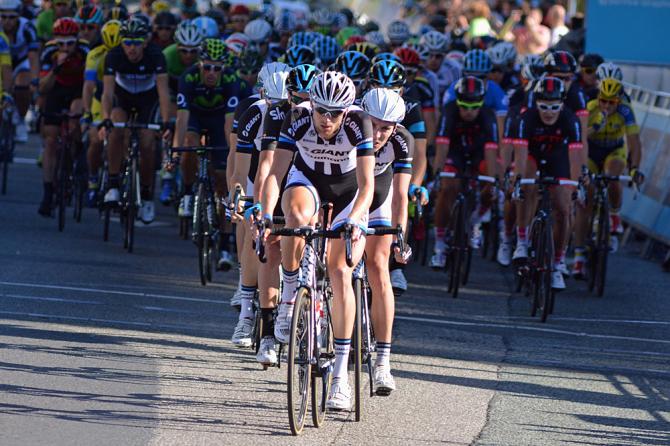
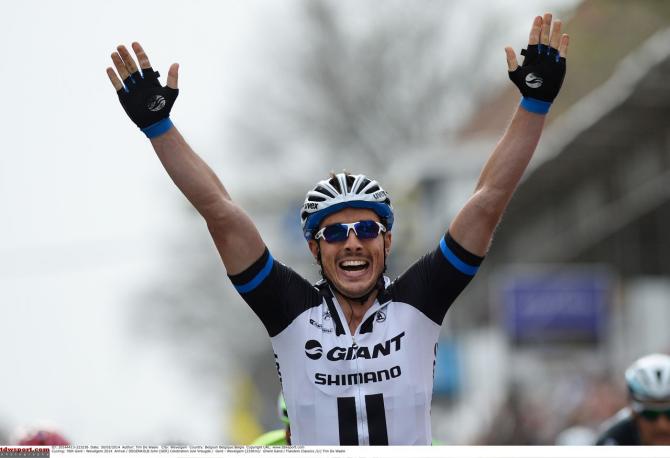
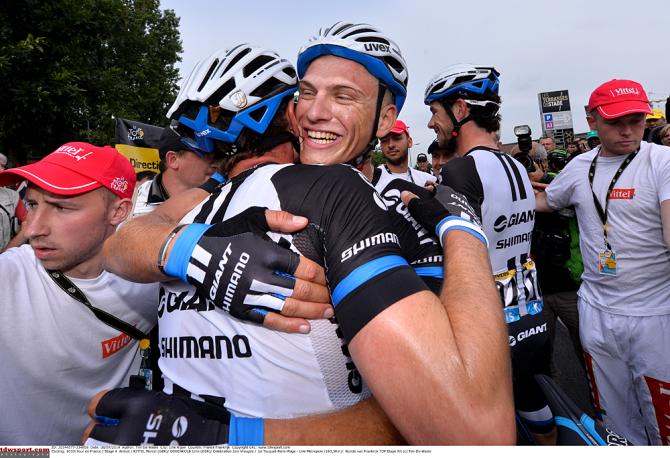
The last 12 months have been a turbulent one for Iwan Spekenbrink and his Giant-Shimano team. Last December, they were all set to announce a new long-term sponsor, when the company decided to pull the plug. After some hastily arranged discussions, their bike supplier Giant decided to step up to the plate as the lead sponsor, and they were saved. However, with Shimano looking to take a backseat from next year, they found themselves potentially looking at a budget cut.
With the announcement that Alpecin will join them for at least the next four years, Spekenbrink can let out a sigh of relief as his team's finances are shored up for the foreseeable future. "It was the stability that we were looking to have and a partner along with Giant. We are very happy to have achieved that," Spekenbrink told Cyclingnews.
Alpecin approached the team earlier in the summer, with the deal finally going through yesterday. Unusually for sponsorship decisions, the team gave Giant and company CEO Tony Lo fairly big input in selecting the secondary sponsor. "The reality is that with Giant we have a mission and you cannot have two missions at the same time," Spekenbrink explained. "We have agreed that the mission with Giant and the other company has to fit into that."
Breaking Germany
The new deal also means that a German sponsor returns to cycling's top tier for the first time since 2010, when Milram folded. After the height of Jan Ullrich fever, in the late '90s and early 2000s, cycling in Germany has taken a huge hit with consecutive doping scandals forcing fans away.
In 2011, German broadcaster ARD made the shock decision to pull all live coverage of the Tour de France. However, with speculation rising that they will re-instate that coverage next season, taking on a German sponsor couldn't have come at a better time.
"I think it's a big sign for the world of cycling. Let's be real, in Europe it is the biggest cycling country in terms of people riding bikes and people investing in bikes. If you look to the professional sport, it is also a very successful country. They had three different riders winning stages of the Tour de France," said Spekenbrink – whose rider Marcel Kittel was one of those three, taking four of his own.
The latest race content, interviews, features, reviews and expert buying guides, direct to your inbox!
"Over the last years, the sport is changing the culture and making steps. There is evolution in the sport and German riders are being successful and you see the attention is returning."
Giant-Shimano currently has five German riders on their roster, with Kittel, John Degenkolb, Simon Geschke, Johannes Fröhlinger and Nikias Arndt. On Wednesday morning, Dutch paper de Telegraaf speculated that the team could even switch to a German license for 2016, making them the only German team in the WorldTour. While he said that no such decision had been made, Spekenbrink didn't deny that it was a possibility.
"You have to put a nationality when you submit to the UCI, so it is just an administrative thing," he said. "With our commitment to German cycling in the past and now with Alpecin on board, Germany will have a special focus from us. It's too early for us to say if we will change the nationality of our license."
The Ullrich question
With a heavy German influence in the team and the German market primed to explode once again, taking on Alpecin is certainly a smart move for them. However, it does seem odd that they would pick a sponsor that has been intertwined with Ullrich in the past – the rider who can almost single-handedly be credited with the meteoric rise and similarly swift downfall of the sport in the country.
In 2012, Alpecin announced the 1997 Tour de France champion as a brand ambassador and the face of their Alpecin Cycling day. Ullrich was banned from cycling a day later. The company is also known for their slogan "doping for your hair." They have since cut ties with the former cyclist and Spekenbrink is confident that they are ready to move forward with the sport.
"We had a good discussion on it and we are happy with it," he told Cyclingnews. "They worked with him to try and learn how things could happen like they did, to try and understand it for the future of the sport. That is what they were trying to achieve, but it didn't work out and they stopped.
"It's not as simple as saying we have a nice sport and when somebody is positive we stop. The doping problem is a much more complex and it is a long, hard fight to change things."
Born in Ireland to a cycling family and later moved to the Isle of Man, so there was no surprise when I got into the sport. Studied sports journalism at university before going on to do a Masters in sports broadcast. After university I spent three months interning at Eurosport, where I covered the Tour de France. In 2012 I started at Procycling Magazine, before becoming the deputy editor of Procycling Week. I then joined Cyclingnews, in December 2013.
